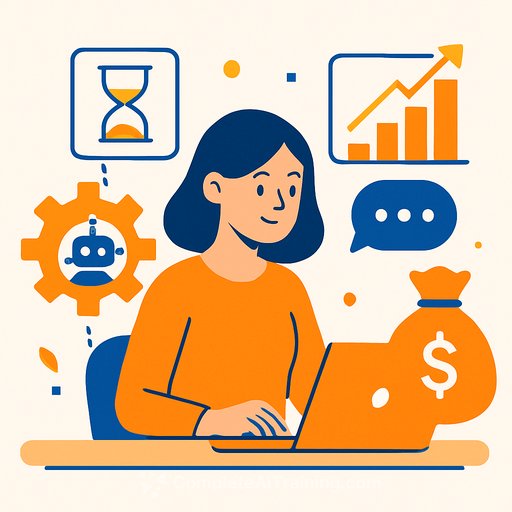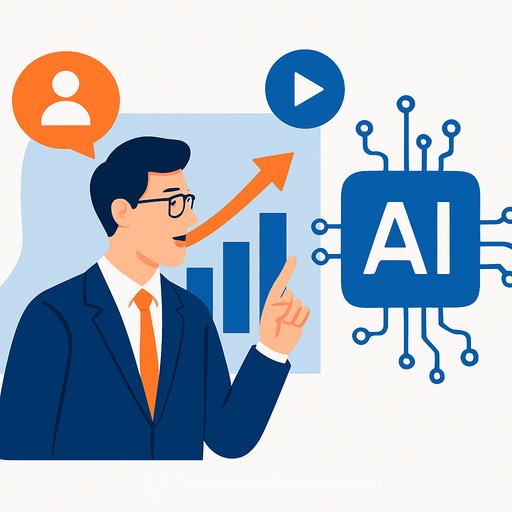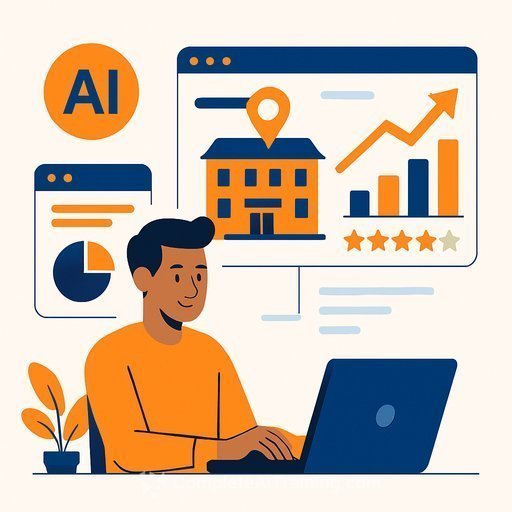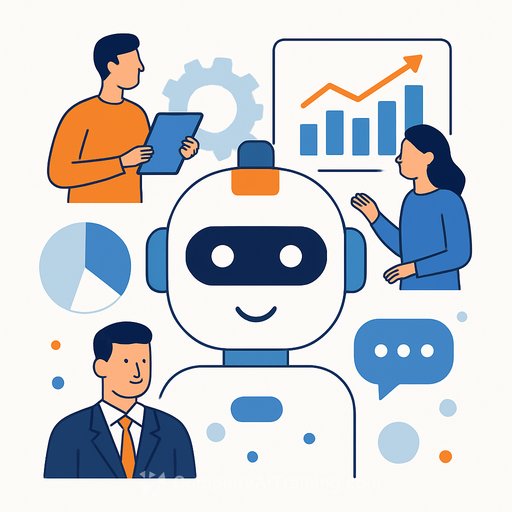New Study Finds AI Cuts Costs and Adds 13 Hours Weekly for SMB Marketers
A recent survey from marketing technology company ActiveCampaign reveals that small-business marketers are reclaiming a significant amount of time thanks to AI-powered marketing tools. These systems provide SMBs with the equivalent of an extra full workday each week, while also cutting costs by nearly $5,000 a month. Despite these gains, only about 25% of teams currently use AI throughout their entire marketing process.
Key Findings on AI Use Among SMB Marketers
The study, titled “13 Hours Back Each Week,” was based on a national survey of 1,000 marketers conducted in mid-2025. It found that AI saves approximately 13 hours per person weekly—roughly one-third of a 40-hour workweek—and reduces operating expenses by an average of $4,739 per team each month. Small businesses benefit from their agility and size, making them ideal candidates for strategic AI adoption.
While 82% of marketers have used AI for at least one task, only 23% implement it across the full campaign cycle—from planning to execution and measurement. This gap suggests many SMBs have untapped potential to further improve efficiency and results. Additionally, 77% of users report increased confidence in their work due to AI, and 75% believe it helps them compete with larger brands.
The Three Stages of AI-Driven Marketing
ActiveCampaign organizes marketing into three stages: Imagine, Activate, and Validate.
- Imagine: AI assists in generating ideas and customizing campaigns based on customer insights.
- Activate: Content creation and distribution across channels take place here.
- Validate: Teams analyze performance data to understand what works and what needs adjustment.
Most marketers begin AI use in brainstorming but hesitate to apply it in the validation phase. Only slightly more than half use AI to review campaign performance, missing out on real-time feedback that could boost future outcomes. Integrating AI across all three phases leads to quicker decisions and smarter campaigns.
Different Levels of AI Adoption Among Marketing Teams
The survey categorized marketers into five groups based on AI usage:
- Beginners: Rarely use AI unless prompted.
- Developing users: Experiment with AI for one or two tasks.
- Intermediates: Consistently apply AI to regular workflows.
- Advanced users: Integrate AI into most areas of marketing.
- Experts: Treat AI as a primary problem-solving tool (about 15% of respondents).
Experts are over 14 times more likely than beginners to use AI across all marketing stages and twice as confident in their output quality. Increasing AI use, even in small ways, can quickly improve results.
Daily AI users save almost 15 hours per week and over $5,000 monthly, compared to infrequent users who save around 9 hours and $3,900. Frequent users are also more likely (89% vs. 61%) to feel AI helps them compete with larger competitors. The key difference lies in how AI is applied—power users continuously feed data back into their AI systems for ongoing improvement, while others stop after content creation.
AI Adoption Among Small Businesses
Nearly half of small businesses surveyed use AI daily, with 81% applying it to marketing tasks. They are catching up to large companies in lead generation, prospect follow-up, and campaign measurement. The difference in perceived AI value between small and large businesses is minimal.
One-third of SMB marketers say the time saved with AI allows them to focus on long-term planning, creativity, and growth opportunities—areas they struggled to address before.
Transparency in AI Use Enhances Customer Response
The study highlights how openness about AI use positively influences customer reactions. Among businesses that openly share how and where they use AI, 64% report very positive customer responses. In contrast, those that conceal AI usage or avoid discussing it encounter more neutral or mixed reactions. Customers tend to appreciate AI when it improves their experience rather than simply cutting costs.
Competition Among AI Marketing Tools Is Intensifying
ActiveCampaign is not alone in targeting SMBs with AI solutions. HubSpot launched four “Breeze” AI assistants earlier this year to help smaller teams, while Mailchimp introduced its “AI Growth Assistant” featuring predictive audience tools and campaign summaries. These moves suggest growing competition to deliver smarter marketing automation for small businesses.
Despite ongoing debates among regulators, companies are moving forward with AI adoption. The survey shows 97% of marketers say AI has already changed how they view their jobs, with only 3% reporting no impact.
Next Steps for Marketing Teams
For those beginning with AI, it’s recommended to map existing marketing tasks to the three stages—Imagine, Activate, Validate—and introduce AI where it will make the biggest difference. This might mean starting with brainstorming or focusing on measurement. Openly communicating how AI is used helps build trust and customer goodwill.
Increasing AI use gradually can push teams closer to expert-level performance without large investments. Currently, only 23% of marketers use AI end-to-end. Those who do, especially smaller teams reinvesting their time savings into strategy and creativity, stand to outperform even the largest competitors.
For marketers interested in expanding their AI skills, exploring AI courses tailored for marketing professionals can provide practical knowledge to enhance AI adoption and results.
Your membership also unlocks:






